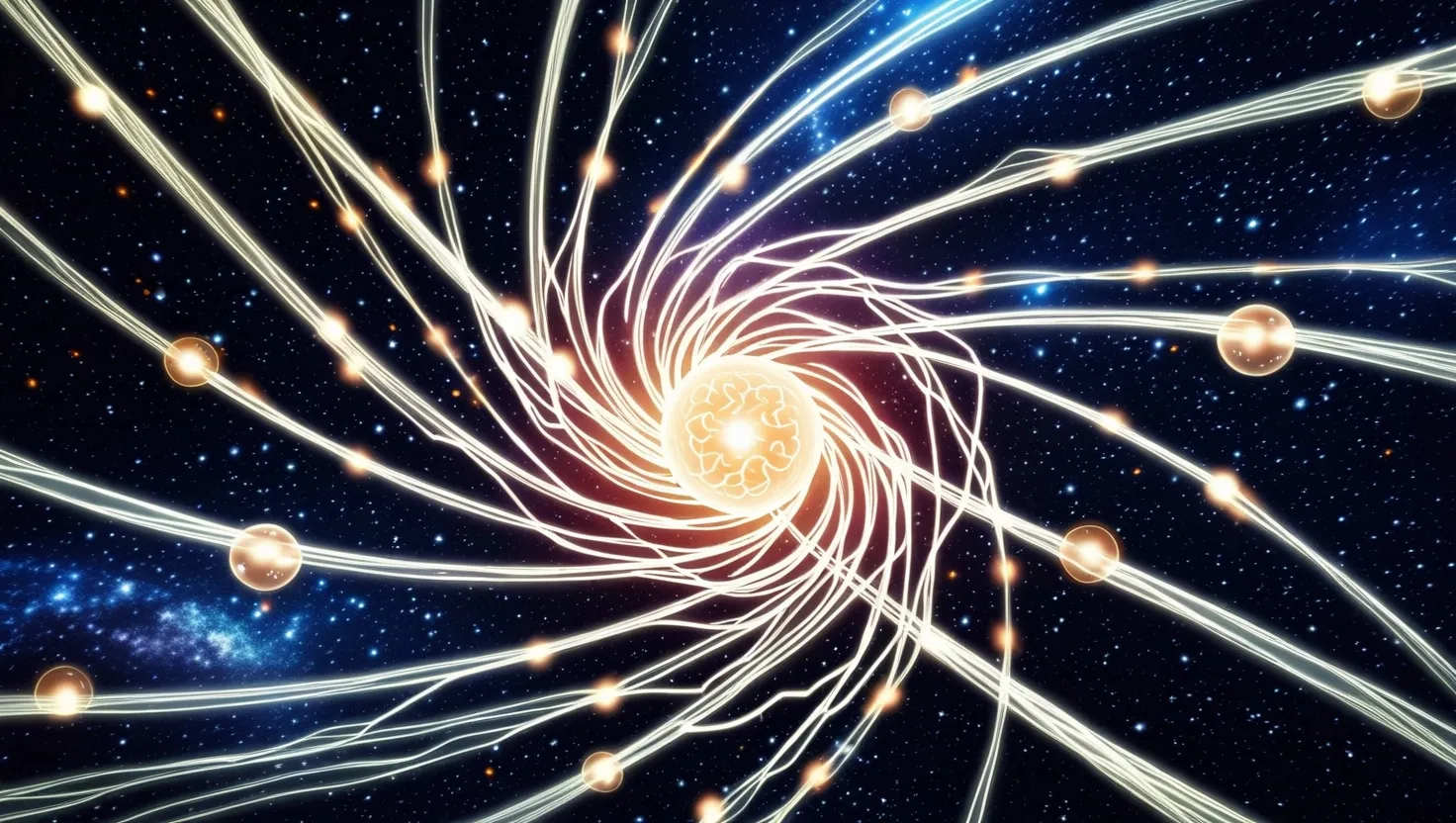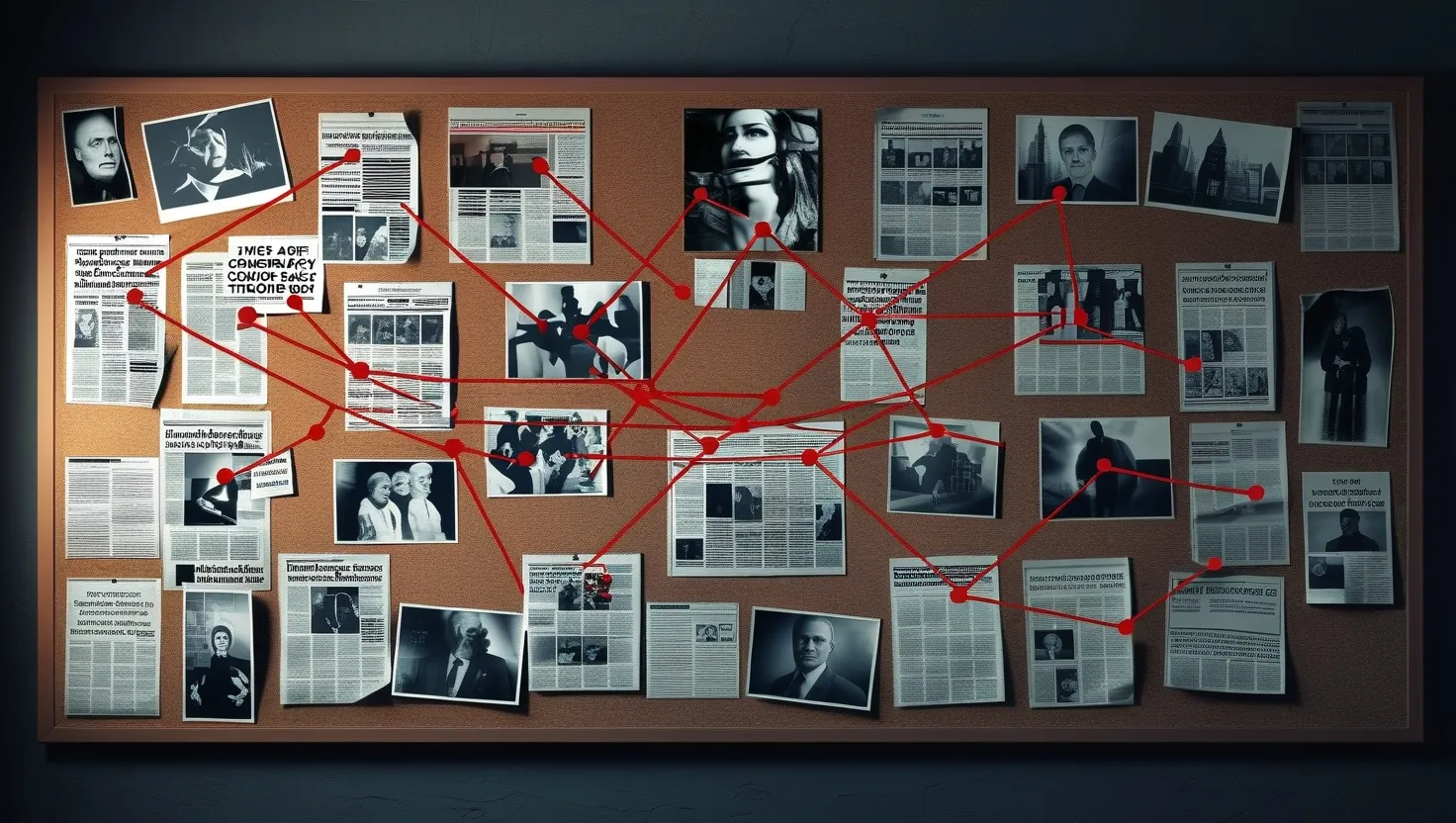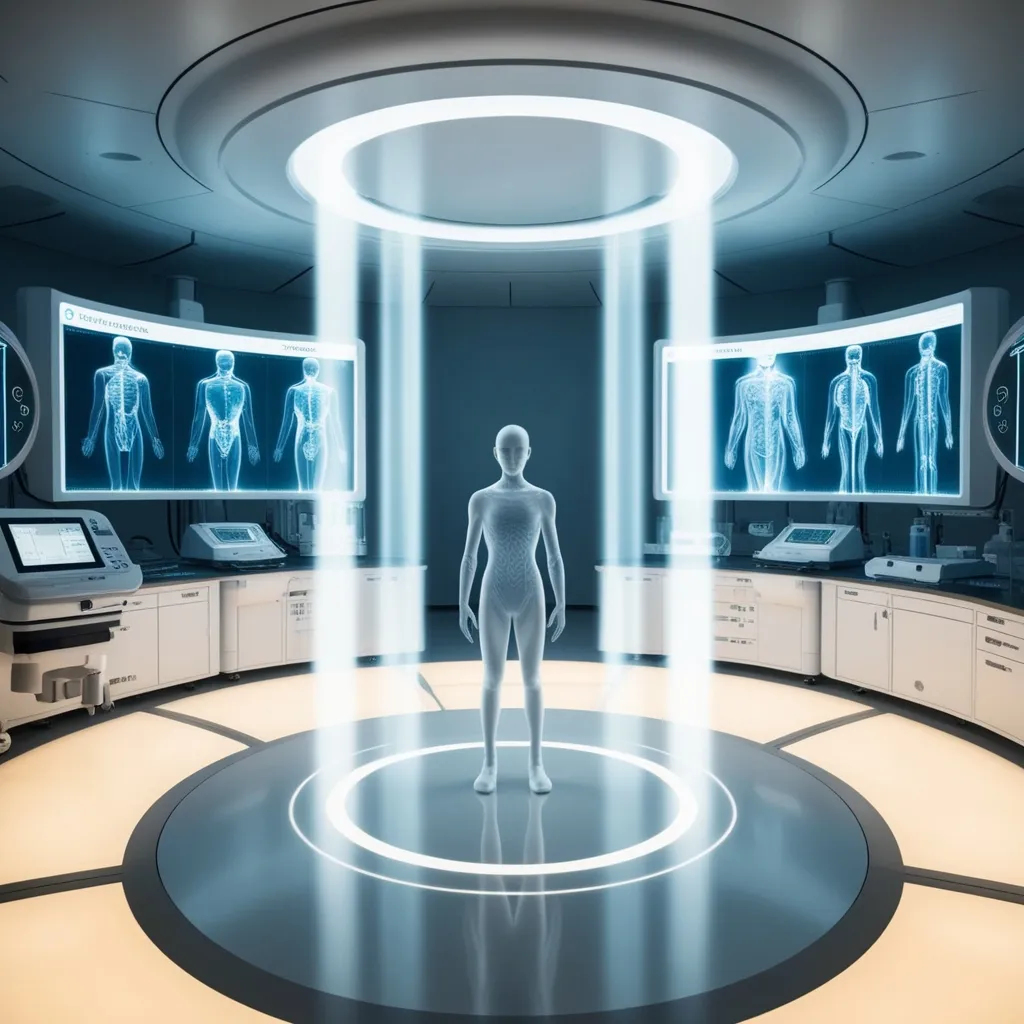The concept of quantum entanglement, a phenomenon where particles become interconnected in such a way that the state of one particle can instantly affect the state of the other, regardless of the distance between them, has long fascinated physicists. Recently, this idea has been extended into the realm of neuroscience, suggesting that human consciousness itself might be rooted in quantum mechanics. This notion is both intriguing and daunting, as it implies that our minds could be part of a vast, interconnected web that transcends classical notions of space and time.
Imagine a world where your thoughts and experiences are not isolated events confined to your brain but are instead part of a larger cosmic network. This idea is not just the stuff of science fiction; it is a hypothesis being explored by scientists who believe that quantum entanglement could be the key to understanding how our brains process information and generate consciousness.
Most neuroscientists have traditionally viewed the brain as a classical system, operating under the rules of classical physics. However, new research suggests that this might not be the case. Studies at Trinity College Dublin, for instance, have hinted at the presence of quantum entanglement within the brain. Using advanced MRI techniques, researchers observed that proton spins in the brain could become entangled, suggesting the presence of a non-classical intermediary at play. This entanglement was found to be tied to conscious awareness, as it disappeared when subjects fell asleep during the experiment[1].
The idea that quantum mechanics plays a role in brain function is further supported by the work of researchers in China. They propose that entangled photons within the myelin sheaths of nerve fibers could facilitate rapid communication between neurons. This would explain how neural synchronization occurs at speeds that are otherwise inexplicable by classical physics. The myelin sheath, a protective coating around nerve fibers, could act as an electromagnetic cavity, enhancing the production of entangled photons. These photons, in turn, could transform into entanglement along potassium ion channels, enabling instantaneous communication across different parts of the brain[3][5].
This theory also touches on the concept of a universal quantum vibrational field, which could underlie the large-scale synchrony of brainwaves among different parts of the brain and even between individuals. The correlation between Schumann Resonances—a set of global electromagnetic resonances generated by lightning discharges in the Earth’s atmosphere—and certain brainwaves adds another layer to this complex picture. It suggests that our brains are not isolated entities but are instead connected to and influenced by the broader electromagnetic environment of the Earth[2].
The implications of this are profound. If our minds are indeed part of a quantum network, it could explain phenomena that have long been considered mysterious or even paranormal. Telepathy, for example, could be seen as a form of quantum communication where entangled states allow for the instantaneous transfer of information between minds. Collective consciousness, where large groups of people seem to share a common awareness or intuition, might also be explained by this interconnectedness.
But what about past life memories or other forms of consciousness that seem to transcend time? Here, the theory becomes even more speculative but no less fascinating. If consciousness is a quantum phenomenon, it’s possible that our experiences are not confined to the present moment but are instead part of a larger, timeless web. This would mean that memories or experiences from past lives could be accessed through this quantum network, blurring the lines between past, present, and future.
However, this idea also raises questions about the potential darker side of such mental entanglement. If our minds are interconnected in such a profound way, could this connection be manipulated or exploited? The possibility of influencing or controlling someone’s thoughts or experiences through this quantum link is a chilling one. It suggests a level of vulnerability that we have not previously considered, and it highlights the need for further research into the ethical implications of this theory.
Despite the speculative nature of these ideas, they are grounded in some intriguing scientific observations. For instance, research has shown that the strength of thinking consciousness can affect the degree of quantum entanglement. In cases where individuals have strong emotional connections, such as between good friends or family members, the degree of entanglement is higher. Conversely, conflicts or estrangement can reduce this entanglement. This suggests that our conscious awareness and emotional states play a significant role in shaping our quantum connections[4].
The influence of thinking consciousness on quantum entanglement also extends to our interactions with other living beings. Animals and plants, with their weaker conscious awareness, can still be part of this entangled network, allowing for a form of mutual communication that transcends traditional understanding. This idea challenges our conventional view of the natural world and our place within it, suggesting a deeper, more interconnected reality.
As we delve deeper into this fascinating blend of quantum physics and neuroscience, we are forced to question everything we thought we knew about the nature of mind and its place in the universe. The possibility that our minds are part of a vast, interconnected consciousness is both exhilarating and unsettling. It opens up new avenues for understanding phenomena that have long been considered mysterious and offers a glimpse into a reality that is far more complex and interconnected than we ever imagined.
In conclusion, the idea that human consciousness might be quantum entangled is a mind-bending possibility that challenges our current understanding of reality. While it is still a speculative theory, the evidence and observations gathered so far are compelling. As we continue to explore this concept, we may uncover new insights into the nature of consciousness, the workings of the human brain, and our place within the cosmos. Whether this theory ultimately proves true or remains a fascinating hypothesis, it has already expanded our horizons and encouraged us to think about the world in a fundamentally different way.






